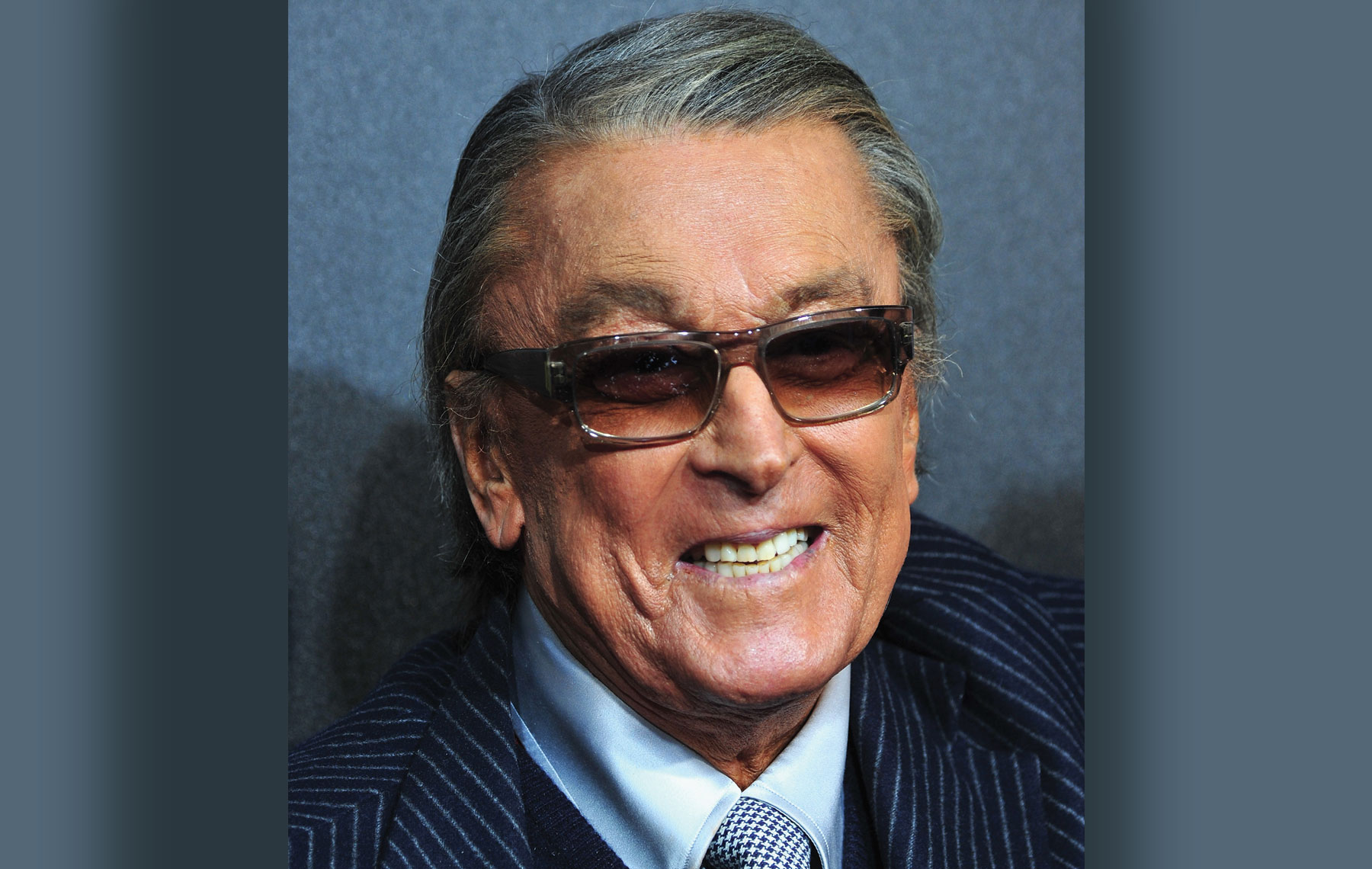
Robert Evans, the onetime clothing salesman who became head of production for Paramount Pictures in 1966 and who was also a successful film producer, died Oct. 26 at his Beverly Hills home. He was 89.
Among the movies he either produced or championed were “Rosemary’s Baby” (1968), “True Grit” (1969), “Love Story” (1970), “The Godfather” (1972), “Chinatown” (1974) and “Urban Cowboy” (1980).
A larger-than-life Hollywood figure, Evans was a staple of the gossip columns, even after he was convicted in 1980 of cocaine trafficking. In 1983, he was linked to the murder of Roy Radin, a co-producer with Evans on “The Cotton Club” (1984), although he was never charged.
A dashing figure with oversized glasses and a permanent tan who counted both movie stars and statesmen such as Henry Kissinger as his friends, Evans was the model for Stanley Motss, the producer played by Dustin Hoffman in 1997’s “Wag the Dog,” and for Max David, the young producer in Orson Welles’ “The Other Side of the Wind” (2018). And actor Bob Odenkirk called Evans a primary influence on his character Saul Goodman in the AMC series “Breaking Bad” (2008-2013) and “Better Call Saul” (2015-present).
Evans wrote a memoir in 1994 titled “The Kid Stays in the Picture.” The title was taken from producer Darryl F. Zanuck’s telegram to the cast and crew of the adaptation of Ernest Hemingway’s novel “The Sun Also Rises” (1957), when Hemingway reportedly demanded that Evans’ role as Pedro Romero be recast. Evans’ memoir went on to become a bestseller and the basis for a documentary about his life.
Evans was born Robert J. Shapera on June 30, 1930, in New York City, one of three children born to Florence and Archie Shapera. His mother was a housewife and his father a dentist. They were, he wrote, “second generation Jews.” The Jerusalem Post reports that while his father changed the family name to Evans, his son did not hide his Jewishness. He didn’t call attention to it, either. But his religion played a part in his decision to make “Black Sunday,” the 1977 thriller about a Palestinian terrorist attack on the Super Bowl.
Evans caught the showbiz bug early, appearing on over 300 radio shows by the time he was 18. He went to work for his brother Charles’ clothing business, Evans Piccone, after graduating from high school.
It was on a 1956 sales trip to Los Angeles when he got his first big break. Lounging poolside at the Beverly Hills Hotel, he caught the eye of actress Norma Shearer. She thought he’d be perfect to play her late husband, producer Irving Thalberg, in “Man of a Thousand Faces.” Blessed with movie star looks but not the talent, Evans appeared in several films but did not appear to be on track for stardom.
He moved into production and was quickly tapped to become head of Paramount. Bringing in young talent including directors Francis Ford Coppola, Roman Polanski and Sidney Lumet to the studio, Paramount moved from being a stodgy, conservative lot to one of the leading outposts of the “new Hollywood.”
Evans became an independent producer in 1975 and over the years released several films, including the highly successful “How to Lose a Guy in 10 Days” in 2003.
In 2007, he suffered a stroke and sharply curtailed his public life.
Over the course of his life, Evans married and divorced seven times. His most famous wife was actress Ali MacGraw, whom he was married to from 1969-1973. Their son, Josh Evans, is an actor and writer.
Evans also is survived by his sister, Alice Shure, a New York-based documentary filmmaker, a grandson and a nephew.






















 More news and opinions than at a Shabbat dinner, right in your inbox.
More news and opinions than at a Shabbat dinner, right in your inbox.